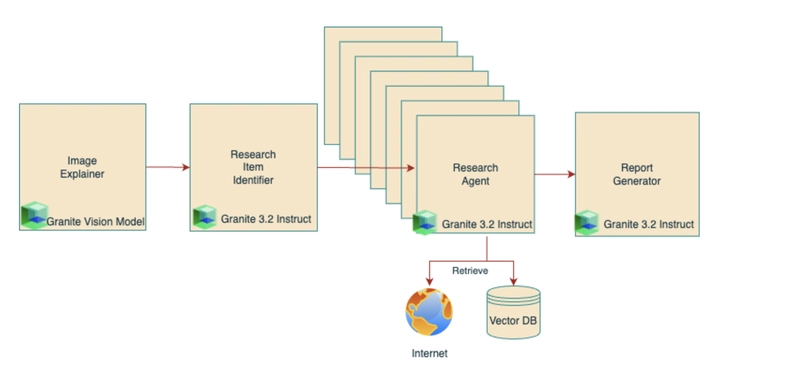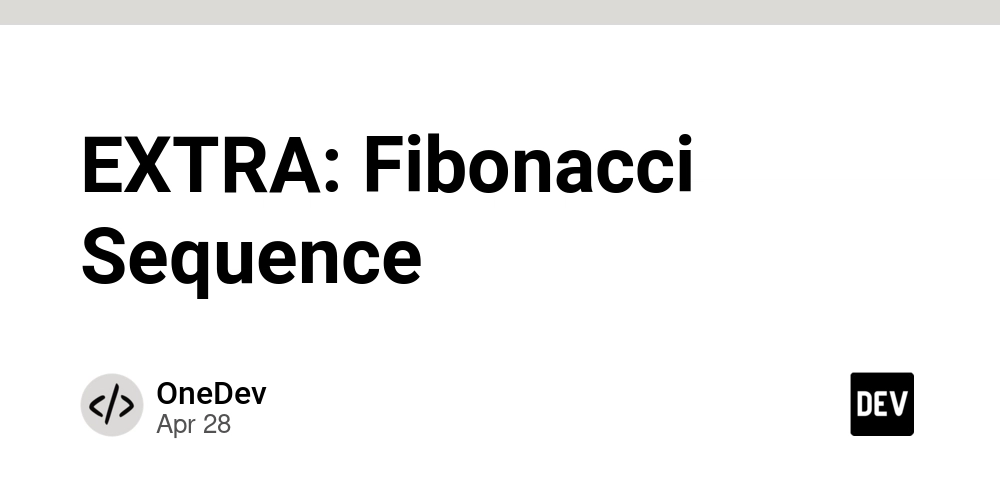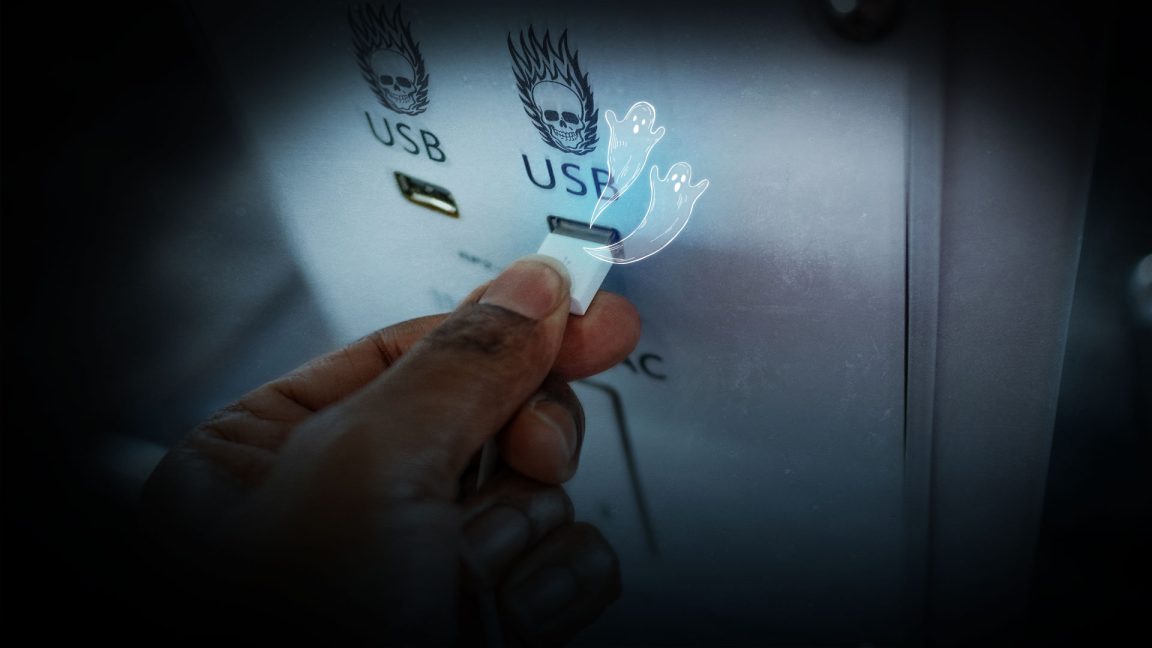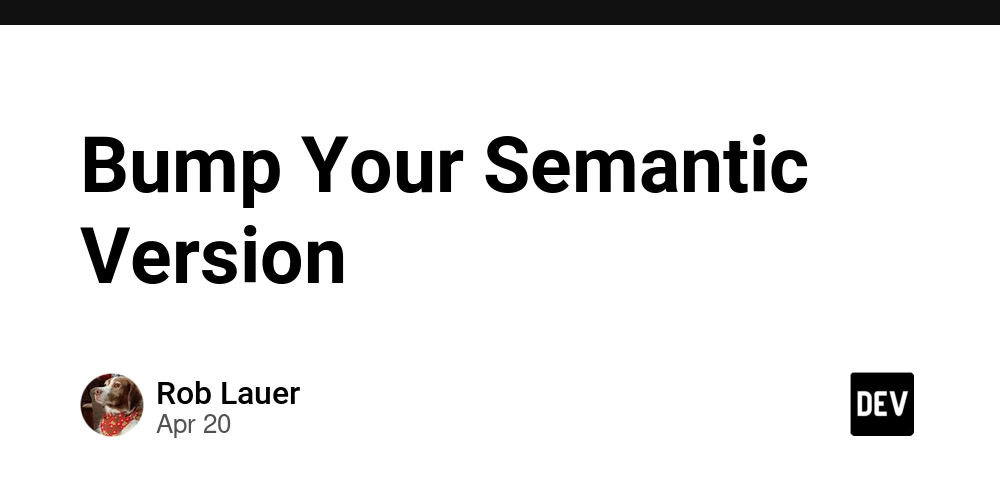Beyond the Code: How Soft Skills Empower Senior Angular Developers to Lead, Collaborate, and Inspire
In the rapidly evolving tech landscape, soft skills have emerged as the critical differentiator for Senior Angular Developers, complementing technical expertise with uniquely human capabilities. While Angular proficiency remains essential, the most successful developers now excel at communication for cross-functional collaboration, leadership for team mentorship, and emotional intelligence for conflict resolution-skills that enable them to translate business requirements into technical solutions, create psychologically safe environments for innovation, and effectively partner with AI tools as routine coding tasks become increasingly automated. The Undervalued Power of Soft Skills in Angular Development In the competitive landscape of Angular development, soft skills have emerged as crucial differentiators that complement technical expertise. Communication skills enable developers to articulate complex Angular concepts clearly, facilitating better collaboration between cross-functional teams and ensuring alignment between technical implementations and business objectives. This becomes particularly valuable when Angular developers need to translate intricate technical details to non-technical stakeholders or document component interactions for future maintenance. Teamwork and leadership capabilities significantly impact project outcomes in Angular development environments. Senior Angular developers who demonstrate strong leadership qualities through mentorship and guidance help create sustainable teams while fostering innovation. Problem-solving extends beyond technical troubleshooting-emotionally intelligent developers can navigate team conflicts constructively, creating psychological safety that encourages honest communication and creative solutions. As AI tools increasingly handle routine coding tasks, these distinctly human capabilities-adaptability, empathy, and critical thinking-become the true competitive advantage for Angular developers who can effectively partner with AI while focusing on strategic decision-making and complex problem-solving that machines cannot replicate. Practical Benefits: Enhancing Collaboration, Project Management, and Mentorship When soft skills meet Angular development expertise, the practical benefits extend far beyond smoother team interactions. These skills create tangible improvements in project outcomes, team efficiency, and knowledge transfer that directly impact business value. Collaboration That Drives Innovation Effective collaboration in Angular projects requires more than just technical alignment. Emotionally intelligent developers create psychological safety that encourages team members to share innovative ideas without fear of criticism. This collaborative environment leads to more creative solutions for complex Angular challenges, such as optimizing performance or implementing sophisticated state management strategies. In practice, Angular teams with strong collaborative skills: Produce more maintainable code through consistent peer reviews and knowledge sharing Identify potential issues earlier through open communication channels Integrate diverse perspectives that lead to more robust architecture decisions Resolve technical disagreements constructively without damaging team cohesion As one senior Angular developer put it: “When our team improved our collaborative approach, we saw a 30% reduction in bugs reaching production because everyone felt comfortable raising concerns early in the development process.” Project Management Excellence Angular projects often involve complex dependencies, tight deadlines, and evolving requirements. Developers with strong project management skills help navigate these challenges by: Accurately estimating task complexity and timeline requirements Communicating potential roadblocks before they become critical issues Prioritizing work effectively to deliver maximum business value Managing stakeholder expectations through clear, jargon-free updates Time management proves particularly crucial in Angular development, where understanding when to seek help can prevent costly delays. Developers who effectively manage their time know when to research independently and when collaboration would be more efficient. This balanced approach prevents the common pitfall of spending excessive time on problems that could be quickly resolved through team discussion. Mentorship That Builds Sustainable Teams Perhaps the most significant long-term benefit comes through effective mentorship. Senior Angular developers who excel at mentorship create a multiplier effect, elevating the capabilities of entire teams rather than simply contributing as individuals Effective Angular mentors: Provide context for technical decisions rather than just dictating solutions Adapt their teaching style to different learning preferences Create opportunities for junior developers to take ownership of meaningful work Offer co

In the rapidly evolving tech landscape, soft skills have emerged as the critical differentiator for Senior Angular Developers, complementing technical expertise with uniquely human capabilities. While Angular proficiency remains essential, the most successful developers now excel at communication for cross-functional collaboration, leadership for team mentorship, and emotional intelligence for conflict resolution-skills that enable them to translate business requirements into technical solutions, create psychologically safe environments for innovation, and effectively partner with AI tools as routine coding tasks become increasingly automated.
The Undervalued Power of Soft Skills in Angular Development
In the competitive landscape of Angular development, soft skills have emerged as crucial differentiators that complement technical expertise. Communication skills enable developers to articulate complex Angular concepts clearly, facilitating better collaboration between cross-functional teams and ensuring alignment between technical implementations and business objectives. This becomes particularly valuable when Angular developers need to translate intricate technical details to non-technical stakeholders or document component interactions for future maintenance.
Teamwork and leadership capabilities significantly impact project outcomes in Angular development environments. Senior Angular developers who demonstrate strong leadership qualities through mentorship and guidance help create sustainable teams while fostering innovation. Problem-solving extends beyond technical troubleshooting-emotionally intelligent developers can navigate team conflicts constructively, creating psychological safety that encourages honest communication and creative solutions. As AI tools increasingly handle routine coding tasks, these distinctly human capabilities-adaptability, empathy, and critical thinking-become the true competitive advantage for Angular developers who can effectively partner with AI while focusing on strategic decision-making and complex problem-solving that machines cannot replicate.
Practical Benefits: Enhancing Collaboration, Project Management, and Mentorship
When soft skills meet Angular development expertise, the practical benefits extend far beyond smoother team interactions. These skills create tangible improvements in project outcomes, team efficiency, and knowledge transfer that directly impact business value.
Collaboration That Drives Innovation
Effective collaboration in Angular projects requires more than just technical alignment. Emotionally intelligent developers create psychological safety that encourages team members to share innovative ideas without fear of criticism. This collaborative environment leads to more creative solutions for complex Angular challenges, such as optimizing performance or implementing sophisticated state management strategies.
In practice, Angular teams with strong collaborative skills:
- Produce more maintainable code through consistent peer reviews and knowledge sharing
- Identify potential issues earlier through open communication channels
- Integrate diverse perspectives that lead to more robust architecture decisions
- Resolve technical disagreements constructively without damaging team cohesion
As one senior Angular developer put it: “When our team improved our collaborative approach, we saw a 30% reduction in bugs reaching production because everyone felt comfortable raising concerns early in the development process.”
Project Management Excellence
Angular projects often involve complex dependencies, tight deadlines, and evolving requirements. Developers with strong project management skills help navigate these challenges by:
Accurately estimating task complexity and timeline requirements
Communicating potential roadblocks before they become critical issues
Prioritizing work effectively to deliver maximum business value
Managing stakeholder expectations through clear, jargon-free updates
Time management proves particularly crucial in Angular development, where understanding when to seek help can prevent costly delays. Developers who effectively manage their time know when to research independently and when collaboration would be more efficient. This balanced approach prevents the common pitfall of spending excessive time on problems that could be quickly resolved through team discussion.
Mentorship That Builds Sustainable Teams
Perhaps the most significant long-term benefit comes through effective mentorship. Senior Angular developers who excel at mentorship create a multiplier effect, elevating the capabilities of entire teams rather than simply contributing as individuals
Effective Angular mentors:
Provide context for technical decisions rather than just dictating solutions
Adapt their teaching style to different learning preferences
Create opportunities for junior developers to take ownership of meaningful work
Offer constructive feedback that builds confidence rather than diminishing it
This mentorship approach creates sustainable knowledge transfer that reduces organizational risk. When knowledge is effectively shared across the team, projects don’t collapse when key individuals leave-a common challenge in Angular projects where architecture decisions may not be well-documented or understood by everyone.
The practical impact of mentorship extends to recruitment and retention as well. Organizations known for strong mentorship cultures attract higher-quality Angular talent and experience lower turnover rates, creating significant cost savings in hiring and onboarding.
The Competitive Edge in Client Relationships
For consultancies and agencies working with Angular, soft skills create a decisive competitive advantage in client relationships. Developers who can translate technical concepts into business value propositions help clients understand the “why” behind architectural recommendations.
This communication skill proves particularly valuable when explaining the benefits of Angular-specific approaches like lazy loading, server-side rendering, or component architecture to non-technical stakeholders. By connecting technical decisions to business outcomes-such as improved performance, better user experience, or reduced maintenance costs-developers with strong communication skills secure buy-in for best practices that might otherwise be rejected due to time or budget constraints.
The cumulative effect of these practical benefits creates Angular development environments where technical excellence and human skills reinforce each other, delivering superior outcomes for users, businesses, and development teams alike.
Cultivating Soft Skills in Angular Development
Developing soft skills alongside technical Angular expertise requires intentional practice and application. Start by improving your communication skills through clear documentation of components, services, and modules. When writing code comments or README files, focus on explaining the “why” behind implementation decisions rather than just describing what the code does. This practice helps team members understand architectural choices and promotes knowledge sharing across the project.
To enhance collaboration in Angular projects, implement structured code reviews that focus on learning rather than criticism. Create a team agreement that emphasizes constructive feedback and psychological safety. Consider adopting pair programming sessions for complex Angular features, which naturally builds communication skills while improving code quality. For project management, use Angular’s modular architecture to your advantage by clearly defining component responsibilities and team ownership, making it easier to track progress and manage dependencies.
Practice active listening during requirements gathering to ensure you fully understand user needs before implementation
Develop empathy by regularly engaging with end-users to understand how they interact with your Angular applications
Improve problem-solving by approaching challenges collaboratively rather than in isolation
Build leadership skills by volunteering to mentor junior developers on Angular fundamentals
Enhance time management by breaking complex Angular features into smaller, manageable tasks with clear timelines
Remember that emotional intelligence significantly impacts how effectively you can implement Angular best practices within a team context. By deliberately practicing these soft skills alongside technical development, you’ll become a more well-rounded Angular developer capable of delivering successful projects through both code quality and effective human collaboration.
Join the Conversation: Your Angular Soft Skills Journey
Now that we’ve explored the critical role of soft skills in Angular development, we’d love to hear from you! Your experiences and insights can help fellow developers navigate their own professional growth.
What soft skills have proven most valuable in your Angular career? Whether it’s communication that helped bridge the gap between technical and non-technical team members or problem-solving abilities that resolved complex project challenges, your perspective matters
Share a moment when your soft skills significantly improved an Angular project outcome. Perhaps your active listening skills helped clarify requirements, or your team collaboration approach reduced production bugs
How do you balance technical expertise with soft skill development? Many Angular developers focus primarily on technical skills, but the most successful professionals develop both areas simultaneously
What mentorship approaches have you found effective in Angular teams? Whether you’ve been a mentor or mentee, what strategies helped transfer knowledge most effectively?
How has the Angular community supported your soft skills growth? Community engagement often provides valuable opportunities to practice communication and leadership outside formal work settings
Your contributions enrich our collective understanding of what makes Angular developers truly exceptional. Comment below to share your experiences!
Soft Skills Matter Most
In the evolving landscape of Angular development, soft skills have emerged as the critical differentiator that complements technical expertise. As AI increasingly handles routine coding tasks, the uniquely human capabilities of communication, empathy, and leadership become invaluable assets for senior developers. The most successful Angular professionals understand that writing clean code is only part of their value proposition-their ability to collaborate effectively, manage projects efficiently, and mentor junior developers creates sustainable teams that deliver superior results.
The Angular community thrives when developers prioritize both technical and interpersonal growth. By cultivating emotional intelligence alongside framework knowledge, senior Angular developers can navigate complex client relationships, facilitate cross-functional collaboration, and create psychologically safe environments where innovation flourishes. As you continue your Angular journey, remember that your greatest contributions may come not from the code you write, but from how you empower others, communicate complex concepts clearly, and lead teams through challenges with patience and adaptability. In the AI era, it’s these distinctly human capabilities that will define the next generation of exceptional Angular developers.
Thank You for Reading!
Thank you for taking the time to read and engage with this article. Your dedication to both technical and soft skill development is what drives the Angular community forward.
If you enjoyed this article or want to connect further, feel free to connect with me on LinkedIn. Let’s build a stronger Angular community together!

































































































































































![[The AI Show Episode 143]: ChatGPT Revenue Surge, New AGI Timelines, Amazon’s AI Agent, Claude for Education, Model Context Protocol & LLMs Pass the Turing Test](https://www.marketingaiinstitute.com/hubfs/ep%20143%20cover.png)































































































































![[DEALS] Koofr Cloud Storage: Lifetime Subscription (1TB) (80% off) & Other Deals Up To 98% Off – Offers End Soon!](https://www.javacodegeeks.com/wp-content/uploads/2012/12/jcg-logo.jpg)








































































































































_NicoElNino_Alamy.jpg?width=1280&auto=webp&quality=80&disable=upscale#)

_roibu_Alamy.jpg?width=1280&auto=webp&quality=80&disable=upscale#)













































































































![M4 MacBook Air Drops to Just $849 - Act Fast! [Lowest Price Ever]](https://www.iclarified.com/images/news/97140/97140/97140-640.jpg)
![Apple Smart Glasses Not Close to Being Ready as Meta Targets 2025 [Gurman]](https://www.iclarified.com/images/news/97139/97139/97139-640.jpg)
![iPadOS 19 May Introduce Menu Bar, iOS 19 to Support External Displays [Rumor]](https://www.iclarified.com/images/news/97137/97137/97137-640.jpg)

































































































